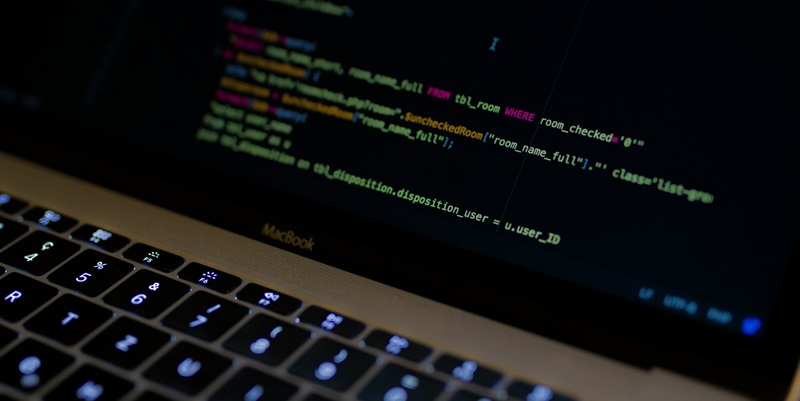The integration of generative artificial intelligence (AI) into Quali’s Torque platform is a groundbreaking development that transforms how DevOps teams manage infrastructure-as-code (IaC). By enabling the use of natural language inputs to generate templates or blueprints for IT environments, this enhancement opens the door for teams of varied skill levels to efficiently define and provision their infrastructure. Colin Neagle, Vice President of Growth Marketing for Quali, highlights how this AI extension simplifies the complex tasks of defining application infrastructure, services, parameters, dependencies, and security credentials. Through this, it facilitates more efficient provisioning of IT environments, reducing both time and potential for error.
The AI Blueprint Designer Interface
One of the standout features introduced with this AI enhancement is the AI Blueprint Designer User Interface. This interface allows users to describe comprehensive IT environments using natural language. For example, a user can describe an Amazon Elastic Kubernetes Cluster (EKS) within a virtual private cloud (VPC), specifying the deployment of Apache and Redis for high availability and resource efficiency. Upon receiving this description, the AI designs the environment, generating reusable templates that save teams time and help avoid common errors associated with manual configurations.
Moreover, the Torque platform’s graphical user interface (UI) has been upgraded to provide a visual representation of the orchestrated environment. Users can see how resources, dependencies, and parameters interact within the system and make adjustments through the UI without resorting to manual coding. Any changes automatically update the associated blueprint, further simplifying the process. These improvements are particularly beneficial in preventing misconfigurations and compliance risks, which were previously mitigated through automated provisioning. The integration of multiple large language models (LLMs) enhances these generative AI capabilities, significantly lowering the expertise barrier for template creation and management.
Encouraging Self-Service and Improving Collaboration
The Torque platform not only simplifies the creation of templates but also encourages greater self-service among DevOps teams. By sharing templates through a self-service catalog, teams can leverage existing IaC modules and Kubernetes resources from public repositories. Torque automatically normalizes these resources, making it easier for teams to provision the required environments. This feature promotes collaboration and resource sharing, empowering teams to capitalize on collective knowledge and reducing the need for each team member to become an IaC expert.
In addition to simplifying template creation and provisioning, the Torque platform supports managing blueprints as YAML files via Git repositories. This integration greatly facilitates environment updates, as changes can be made by simply committing code. Organizations can choose how they wish to utilize Torque: either by centralizing IaC management via platform engineering teams or incorporating it within internal developer portals (IDPs). Both approaches aim to provision IT environments securely and efficiently, ultimately reducing operational costs and promoting best practices in infrastructure management.
A Step Toward Democratizing IT Management
The integration of generative artificial intelligence (AI) into Quali’s Torque platform is a revolutionary advancement that changes how DevOps teams handle infrastructure-as-code (IaC). This innovation allows natural language inputs to generate templates or blueprints for IT environments, making it easier for teams with diverse skill sets to define and provision their infrastructure efficiently. Colin Neagle, Vice President of Growth Marketing at Quali, underscores how this AI enhancement simplifies the complex tasks of defining application infrastructure, including services, parameters, dependencies, and security credentials. As a result, the process of provisioning IT environments becomes more efficient, significantly reducing both the time required and the potential for errors. This groundbreaking development is especially crucial for organizations aiming to streamline their operations and ensure accuracy in their infrastructure management. By incorporating this advanced AI capability, Quali’s Torque platform empowers teams to achieve higher levels of productivity and reliability, thus setting a new standard in the industry.

